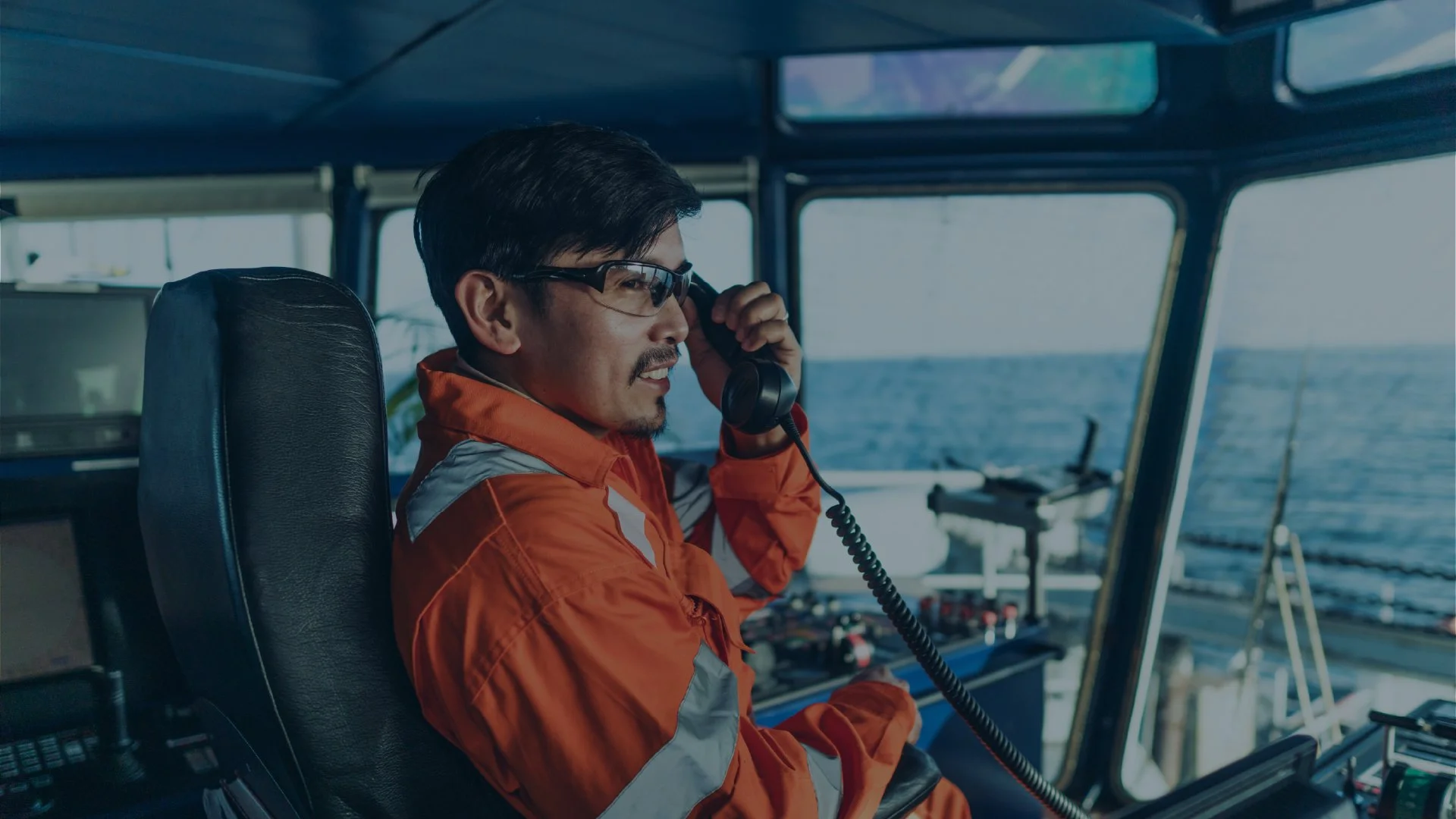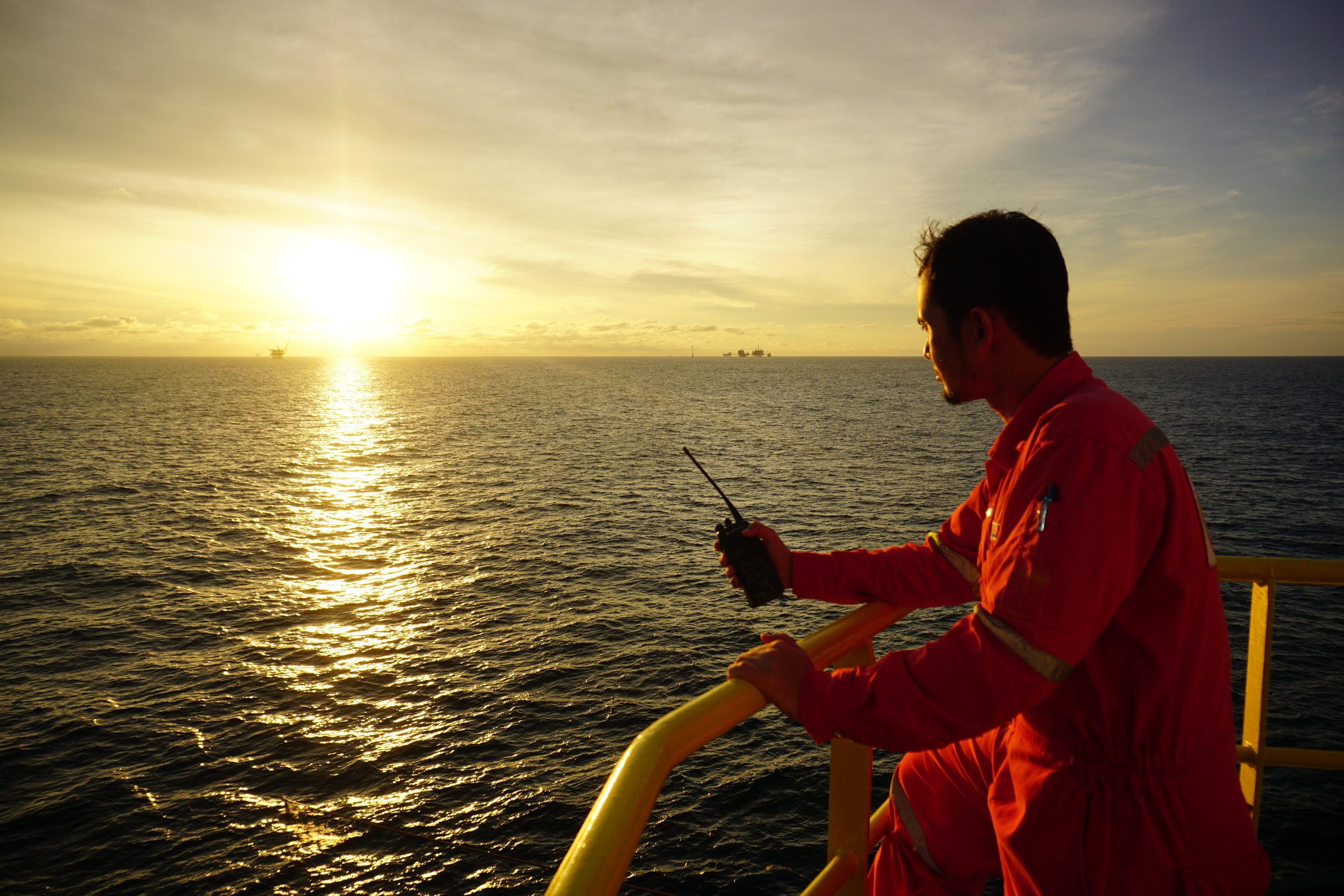
Seafarer Welfare
Seafarers make global trade possible, delivering the food, fuel, medicines, and goods that communities rely on every day. Life at sea offers the chance to travel the world, experience new cultures, and work as part of a close-knit crew in a fast-paced, rewarding environment. It’s a career that builds skills, resilience, and lifelong friendships.
To support seafarers, the World Shipping Council promotes initiatives that improve safety across the industry and advocates against the unfair criminalisation of seafarers.
Today’s transition to cleaner fuels, new technologies, and increased digitalisation is creating fresh opportunities for seafarers in a constantly modernising industry.
Unfair criminalisation of seafarers
Seafarers can face criminal charges simply for being on board a vessel involved in an incident, even when they have followed all regulations and acted responsibly. Such cases often arise after maritime accidents, pollution events, or security incidents, and can lead to lengthy detentions, damaged reputations, and severe personal hardship.
The World Shipping Council believes seafarers should not be used as scapegoats for events beyond their control. We advocate for fair treatment under international law, including the IMO/ILO Guidelines on Fair Treatment of Seafarers in the Event of a Maritime Accident, and for due process to be upheld in all jurisdictions. We work with governments, industry partners, and international organisations to raise awareness, address unjust practices, and ensure that seafarers are treated with dignity and respect wherever they operate.
Upholding Freedom of Navigation
Freedom of navigation is a fundamental right for all merchant ships, and it must be upheld. Attacks on shipping put lives, trade, and ships at risk — as seen in recent incidents in areas like the Red Sea.
Safe passage must be protected, ensuring that seafarers can do their jobs safely and global trade can keep moving.

